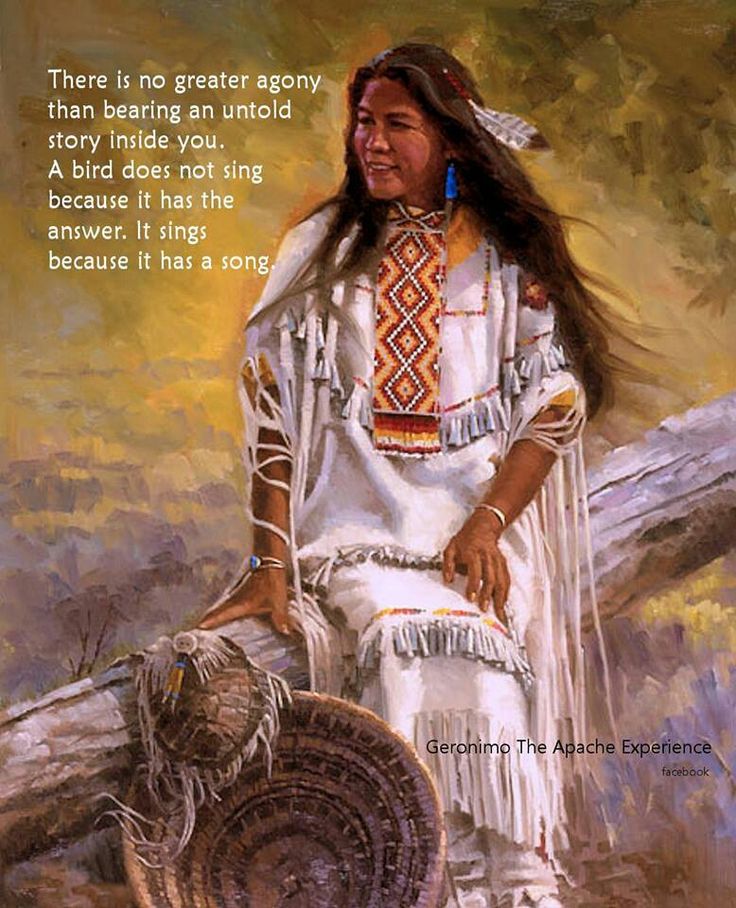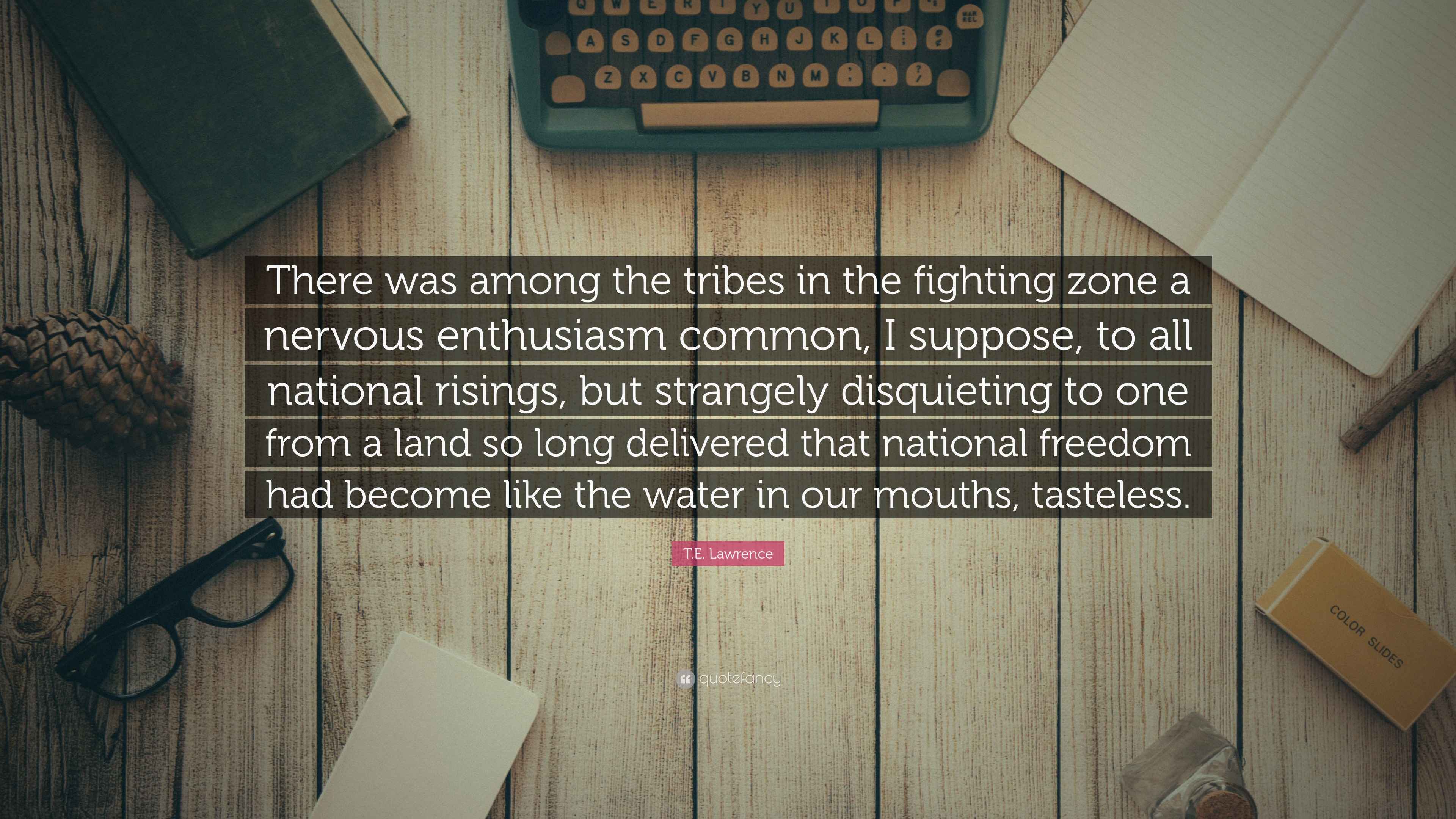
Scholars who take this position find it shameful that marginal, unacknowledged aboriginal peoples are languishing today.

This acknowledgment is not forthcoming, they say, due to a host of factors, including federal neglect, inadequate Euro-American recordkeeping, racism, and opposition from established tribes. The most accepted scholarly position, which has been called the ‘liberal-inclusive’ model for identifying tribes and Indian individuals, implies that the vast majority of unrecognized Indian groups and individuals are worthy of acknowledgment. Many of them call upon tribes and Native peoples to undertake decolonization projects, imploring Indian leaders to pursue a new acknowledgment agenda, on that is more inclusive and less based on national imperatives and Western epistemologies of race, history, empiricism, and science. These scholars see these government definitions as overreliant on nonindigenous models of tribalism, blood quantum, government rolls and censuses. They believe that government definitions of Indians and tribes are simply part of the old colonial order, set to ‘divide and conquer’ Native peoples. “A host of scholars – many of whom, like Deloria, have aided petitioning tribes – support the ‘small pie’ theory. indisposed to recognize any definite rule and order.” but fickle and ungovernable in regard to anything like obligation. They are like children in regard to coaxing and gifts. And in their assembly, the method of procedure is simply that he who can use the most persuasive words wins over all the rest The warriors clash their weapons, and the matter is decided. their kings may lead them forth on any reckless enterprise the next, they may be scattering, despite his orders, and in defiance of all political prudence, to their separate homes. But we should be chary of supposing anything properly answering to a state institution as understood among civilized people The king has no real authority the warriors obey him to-day, and tum their back on him defiantly to-morrow one day. They have some sort of kings, and something in the nature of a general assembly, which all men capable of bearing arms attend.


“These Germanic peoples live and move in hordes, or tribes, or whatever we may call them. The Culture of the Teutons: Volumes 1 and 2 Towards vermin or wild beasts men cannot feel responsibility or generosity.” Between men there may be fighting, community may be suspended by enmity, but the struggle is human and carried on by the rules of honour against strangers men have perpetual war, and the warfare must be adjusted to the fiendish ingenuity of the demons. The only means of overcoming the wickedness of strangers is by annexing their luck and honour and mingling mind by mingling minds the will and feeling in the two parties are adjusted, and henceforth their acts interlock instead of running at cross purposes. When they are called sorcerers the word only emphasises the fact that their doings are like the doings of demons and trolls, dark and capricious, admitting of no sure calculation.

“Humanity proper is made up of all the families and tribes with whom our people has intercourse, for companionship means constant mingling of frith, honour and luck outside the pale the “strangers” crowd, and the strangers are another sort of men, because their minds and ways are unknown.


 0 kommentar(er)
0 kommentar(er)
